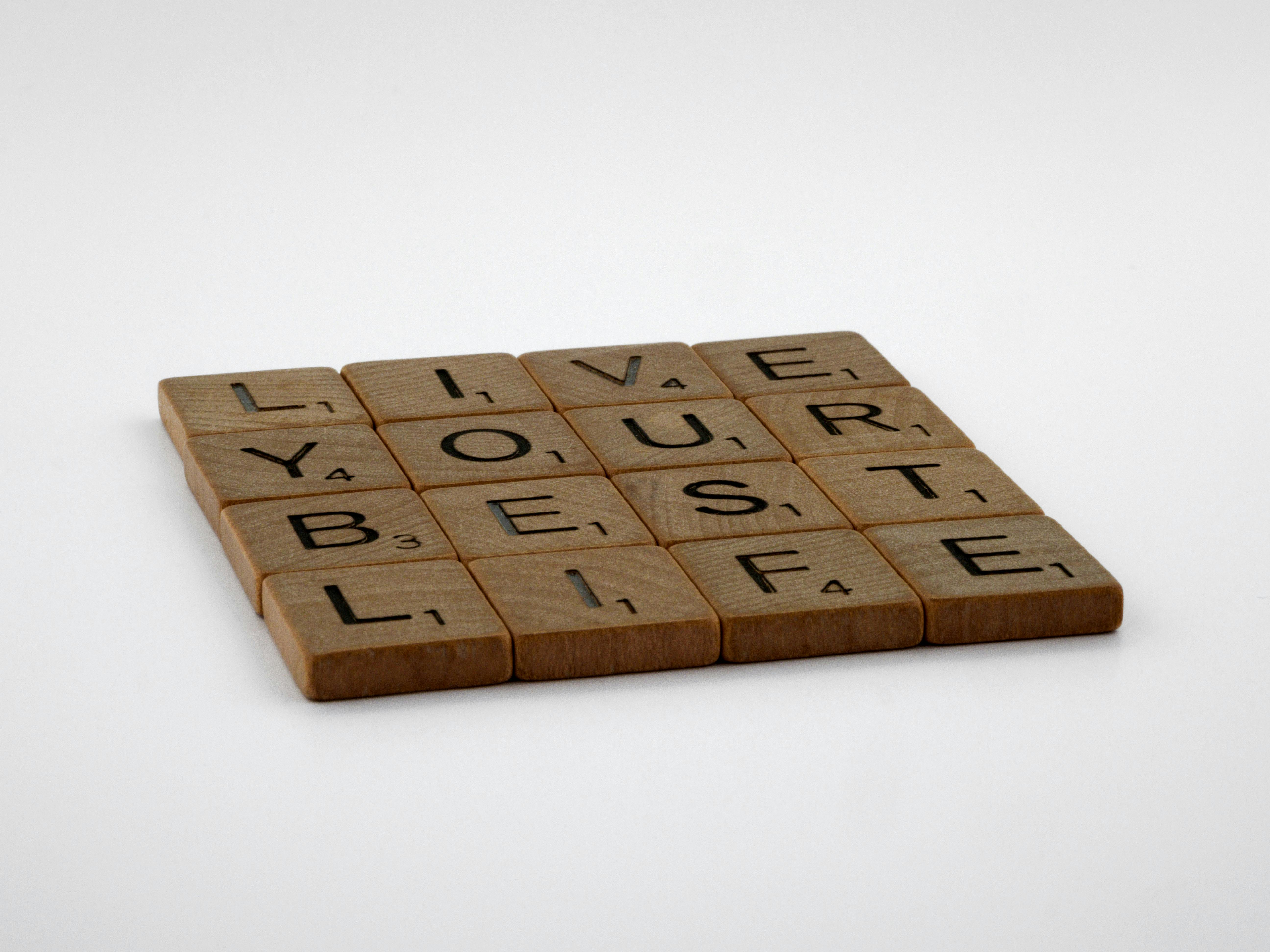10 Powerful Tips to Clear Your Mind Daily
In today’s always-connected world, mental clutter can feel inescapable. Whether it’s stress from work, personal responsibilities, or digital distractions, finding ways to clear your mind is more essential than ever. This article dives deep into proven tips to clear your mind, equipping you with practical strategies for greater mental clarity, reduced anxiety, and enhanced focus.

Understanding the Fundamentals
Clearing your mind isn’t about forgetting everything—it’s about creating space to think clearly, act with intention, and focus on what matters most. Mental clarity is linked to improved decision-making, emotional regulation, and overall well-being.
Historically, practices like meditation, journaling, and breathing techniques have been used by cultures worldwide to clear mental fog and promote inner peace. Today, neuroscience backs these methods, confirming their value in managing stress and enhancing cognitive performance.
1.1 The Science Behind Mental Clarity
Mental clarity refers to a state of being mentally alert, focused, and free from intrusive thoughts. According to a Harvard study, mindfulness meditation can reduce brain activity in the “default mode network,” the part responsible for mind-wandering and rumination.
Real-world applications include better academic performance, increased workplace productivity, and reduced symptoms of anxiety. A common misconception is that achieving clarity requires complete silence—when in reality, structured activity can be equally effective.
1.2 The Role of Emotional Regulation
Emotional regulation is key to achieving a clear mind. Unlike suppression, which bottles emotions, healthy regulation processes them effectively. This is distinct from simply “feeling happy”—it involves managing both positive and negative emotions wisely.
Practical value is found in high-stress environments like hospitals or courtrooms, where professionals use regulation to stay composed. Case examples include first responders practicing controlled breathing to remain sharp during crises.
Practical Implementation Guide
Applying tips to clear your mind starts with consistency and intention. While the fundamentals provide the “why,” implementation is all about the “how.” You can expect noticeable benefits within just a few weeks of regular practice.

2.1 Actionable Steps
- Start with Daily Journaling: Spend 5 minutes each morning or night writing down your thoughts. This brain dump clears clutter and boosts focus.
- Use Guided Meditation Apps: Tools like Headspace or Calm offer structured sessions to train your brain to relax and center.
- Set Mental Reset Timers: Every 90 minutes, take a 5-minute break to stretch, breathe, or stare out a window. This helps maintain long-term clarity.
2.2 Overcoming Challenges
Common obstacles include:
- Lack of time – Solve by scheduling just 5–10 minutes daily
- Restlessness – Try movement-based meditations like walking
- Overwhelm – Focus on one technique at a time
Warning signs include irritability, constant fatigue, or inability to focus—indications your mind may be overstimulated. Experts suggest using breathing exercises as an immediate troubleshooting tool.
Advanced Applications
Once foundational practices are in place, advanced strategies can help sustain and deepen your mental clarity. These are ideal for individuals seeking peak performance or undergoing high cognitive loads regularly.

3.1 Brainwave Training
Neurofeedback uses brainwave-monitoring devices to help users achieve optimal mental states. A study in the journal NeuroImage found that targeted alpha wave training increased clarity and focus by up to 30% in participants.
Corporate executives and athletes often use neurofeedback to stay calm and sharp under pressure. This method offers a measurable path to sustained mental clarity and is gaining popularity in high-stakes environments.
3.2 Integration with Physical Health Systems
Advanced strategies also involve syncing mental clarity practices with physical routines. For example, pairing fasting with meditation or syncing workouts with journaling enhances both mental and physical detox.
These practices are compatible with most lifestyle management apps and require little extra effort once integrated. The synergy between body and mind accelerates results dramatically.
Future Outlook
As technology advances, mental clarity tools will become more personalized and accessible. AI-driven wellness apps, VR meditation, and wearable biosensors are on the horizon, offering real-time feedback for brain health.
Over the next 3–5 years, mental clarity will be a core focus in education and workplace training. Readers can prepare by adopting flexible routines and staying updated with wellness tech innovations.
Conclusion
To summarize, the top tips to clear your mind include journaling, meditation, time management, and emotional regulation. These strategies work synergistically to improve focus and reduce overwhelm.
Now’s the time to implement these techniques. Start small, stay consistent, and consider upgrading to advanced methods as you grow. Your journey toward mental clarity starts today—invest in your well-being!
Frequently Asked Questions
- Q: What is the best way to start clearing my mind? Begin with 5 minutes of journaling or guided breathing each morning to establish a habit.
- Q: How do I begin if I’ve never meditated? Use beginner-friendly apps that offer audio guides and progress tracking to build your confidence.
- Q: How long does it take to see results? Most people notice improvements within 7–14 days of consistent practice, depending on intensity and lifestyle.
- Q: Is this expensive? No. Many high-quality tools are free or cost under $10/month. Journaling requires only a notebook and pen.
- Q: How does this compare to therapy? These are self-help tools and can complement therapy, but are not replacements for clinical mental health care.
- Q: Is it hard to learn these techniques? Not at all. Most techniques are beginner-friendly and supported by countless free tutorials and resources.
- Q: How can this help in high-stress industries? Professionals in medicine, law, and tech use these strategies to maintain clarity and manage decision fatigue.
